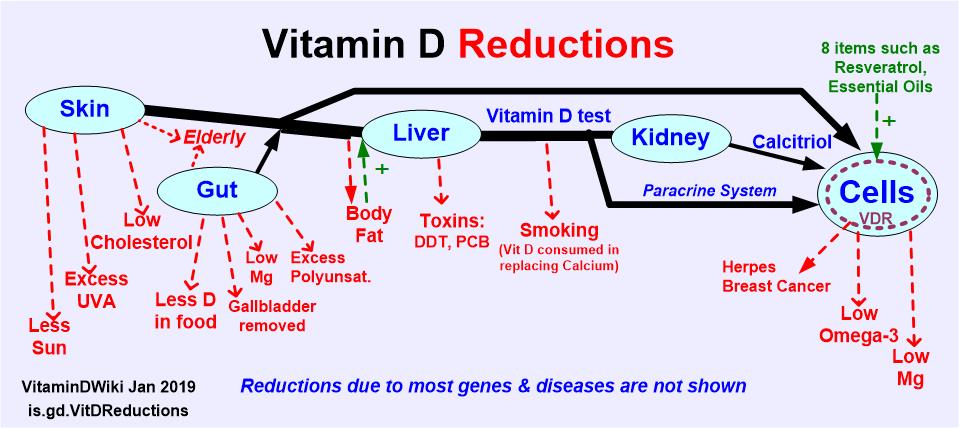Schizophrenia treated by 6 months of Omega-3 – RCT
A randomized controlled study of the efficacy of six-month supplementation with concentrated fish oil rich in omega-3 polyunsaturated fatty acids in first episode schizophrenia
Journal of Psychiatric Research. online 25 November 2015, doi:10.1016/j.jpsychires.2015.11.013
Tomasz Pawełczyka, tomasz.pawelczyk@umed.lodz.pl, , Marta Grancow-Grabkab, , Magdalena Kotlicka-Antczaka, , Elżbieta Trafalskac, , Agnieszka Pawełczyka,
Short-term clinical trials of omega-3 polyunsaturated fatty acids (n-3 PUFA) as add-on therapy in patients with schizophrenia revealed mixed results. The majority of these studies used an 8- to 12-week intervention based on ethyl-eicosapentaenoic acid. A randomized placebo-controlled trial was designed to compare the efficacy of 26-week intervention, composed of either 2.2 g/day of n-3 PUFA, or olive oil placebo, with regard to symptom severity in first-episode schizophrenia patients. Seventy-one patients (aged 16-35) were enrolled in the study and randomly assigned to the study arms. The primary outcome measure of the clinical evaluation was schizophrenia symptom severity change measured by the Positive and Negative Syndrome Scale (PANSS). Mixed models repeated measures analysis revealed significant differences between the study arms regarding total PANSS score change favouring n-3 PUFA (p = 0.016; effect size (ES) = 0.29).
A fifty-percent improvement in symptom severity was achieved significantly more frequently in the n-3 PUFA group than in the placebo group ( 69.4 vs 40.0% ; p=0.017).
N-3 PUFA intervention was also associated with an improvement in general psychopathology, measured by means of
PANSS (p=0.009; ES = 0.32),
depressive symptoms (p=0.006; ES = 0.34), the
level of functioning (p=0.01; ES = 0.31) and
clinical global impression (p=0.046; ES = 0.29).
The findings suggest that 6-month intervention with n-3 PUFA may be a valuable add-on therapy able to decrease the intensity of symptoms and improve the level of functioning in first-episode schizophrenia patients.
PNSS from the web

See also VitaminDWiki
Items in BOTH the categories Cognition and Omega-3
{category}
Overview Schizophrenia and Vitamin D contains the following summary
{include}
Note: Omega-3 increases Vitamin D generated by the Paracrin system

